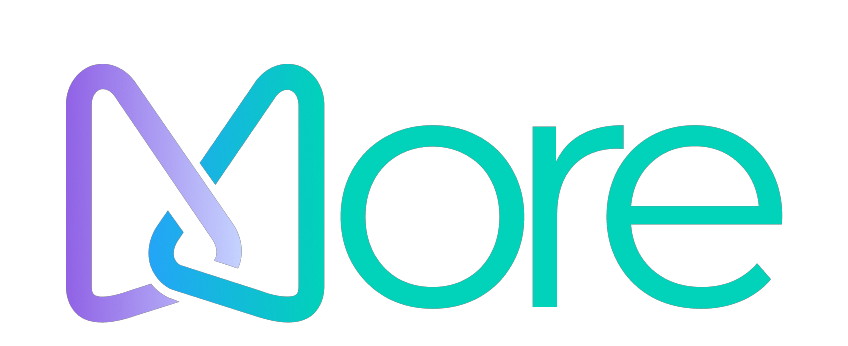Introduction: In the rapidly evolving business world, staying ahead of HR trends is essential for any organization aiming to thrive. The year 2024 brings new challenges and opportunities in human resources that could redefine how companies engage with their employees and manage talent. This article delves into the most significant HR trends set to impact businesses in 2024, providing insights and strategies for enhancing workplace environments and boosting employee satisfaction.
HR Trends 2024
Embracing Flexibility: The Rise of Hybrid Work Models
As we move further into the decade, the shift toward hybrid work models continues to dominate HR agendas. Organizations are increasingly recognizing the need to offer flexible working arrangements to attract and retain top talent. In 2024, the emphasis will be on creating seamless integration between remote and in-office work, ensuring productivity and collaboration without sacrificing employee well-being.
Technology at the Forefront: Enhancing Connectivity and Engagement
Advancements in technology will play a crucial role in supporting hybrid work environments. Tools that facilitate better communication and collaboration, such as advanced project management software and real-time communication platforms, will become more refined. These technologies will also aid in maintaining a sense of community and belonging among employees, crucial for remote team dynamics.
Find out how you can embrace collaboration between employees with the More app and try it out for free here: https://www.moregamification.com/ro/employee-engagement/
Training Leaders for Tomorrow: Focusing on Adaptive Leadership Skills
With the changing workplace dynamics, leadership development programs will need to adapt. In 2024, more companies will invest in training leaders to manage distributed teams effectively. This includes fostering skills like empathy, digital literacy, and the ability to manage across different time zones and cultures.
Find out how you can improve training with AI using the More app here and try it out for free: https://www.moregamification.com/ro/employee-engagement/
Leveraging Data for Strategic HR Decisions
Data analytics will transform HR from a support function to a strategic partner within the business. By leveraging big data, AI, and machine learning, HR professionals will gain deeper insights into employee behavior, productivity patterns, and engagement levels. This data-driven approach will allow for more personalized and effective HR strategies.
Enhancing Employee Experience through Personalization
In an era of information overload, personalization will be key to enhancing the employee experience. HR departments will utilize data analytics to tailor benefits, learning and development opportunities, and even work schedules to individual preferences and needs, thereby increasing engagement and satisfaction.
The More app is able to create personalized journeys that improve user experience.
The Role of AI in Recruitment and Onboarding
Artificial Intelligence (AI) will continue to revolutionize the recruitment process by streamlining candidate sourcing and improving the accuracy of talent matching. Additionally, AI-driven onboarding programs will help new hires integrate more quickly and efficiently into their roles, with customized learning paths based on their skills and career aspirations.
Onboarding programs with AI integrations can be created in the More app.
Prioritizing Mental Health and Wellbeing
Mental health will remain a critical focus area for HR professionals in 2024. Companies will enhance their wellness programs to include not only physical health benefits but also mental health resources like counseling services, stress management workshops, and mindfulness training. This holistic approach to employee well-being will be crucial in maintaining a resilient workforce.
Find out how you can do that with the Plants Game and try it for free: https://www.moregamification.com/ro/employee-engagement/
Creating a Culture of Continuous Learning
The rapid pace of change in today’s business environments makes continuous learning essential. Organizations will strengthen their commitment to employee development by providing ongoing education opportunities. This could include subscriptions to online courses, access to conferences and seminars, and even in-house training sessions.
Create quizzes in just 5 minutes with AI! Try it for free: https://www.moregamification.com/ro/employee-engagement/
Fostering Diversity, Equity, and Inclusion
Diversity, equity, and inclusion (DEI) will continue to be significant in 2024 as companies seek to create more inclusive workplace cultures. This involves not only hiring practices but also ensuring that all employees have access to the same opportunities for growth and development. Initiatives may include bias training, mentorship programs, and policies aimed at increasing diversity in leadership roles.
Supporting Employee Advocacy and Voice
Empowering employees to voice their opinions and ideas will be crucial in fostering an inclusive and dynamic workplace. HR will need to implement more robust channels for feedback, encouraging open dialogue between staff and management. This will not only improve employee morale but also provide valuable insights that can lead to better business decisions.
Find out how you can do that with the Feedback game: https://www.moregamification.com/employee-engagement/
Conclusion
The HR trends of 2024 reflect a comprehensive approach to managing workforces in a way that prioritizes flexibility, personalization, and well-being. By staying abreast of these developments, HR professionals can ensure their organizations remain competitive and attractive to top talent, while also fostering a workplace culture that is conducive to long-term success.
FAQs:
1. How can companies effectively implement hybrid work models?
Companies can effectively implement hybrid work models by establishing clear policies, investing in technology that supports remote work, and maintaining regular communication to ensure cohesion and productivity.
2. What technologies are essential for supporting remote teams?
Essential technologies for supporting remote teams include collaborative software (like Slack or Microsoft Teams), project management tools (such as Asana or Trello), and reliable video conferencing platforms (e.g., Zoom or Google Meet).
3. What skills should leadership development programs focus on in 2024?
Leadership development programs in 2024 should focus on skills such as adaptability, digital literacy, emotional intelligence, and cross-cultural communication to effectively manage diverse and distributed teams.


